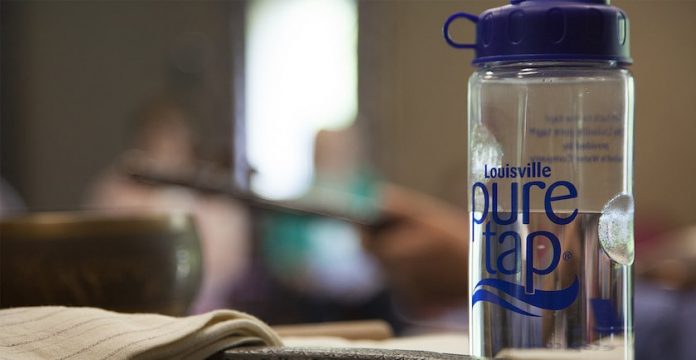
A recent study by BodyLogic MD is aiming to raise awareness of the endocrine-disrupting compounds (EDCs) that are released into our water supply and their effects on hormonal balance as well as the reproductive, neurological, and immune systems of both humans and wildlife.
The endocrine-disrupting compounds featured in the study include:
- Dioxins; a chemical bi-product of many commonly used industrial processes. “Dioxin” refers to a family of toxic chemicals with similar structures including PCDDs, PCDFs and PCBs. These chemicals can take many years to break down as they are readily absorbed into fatty tissue.
Read more about dioxins and feminine hygiene products
- The powerful poison arsenic that reaches our water supply as a result of agricultural and industrial operation. Arsenic can disrupt the glucocorticoid system and is linked to skin, bladder and lung cancer.
- Mercury; a bi-product of steel, cement and power production that is used in many common consumer products such as batteries and thermometers. As mercury is known to concentrate in the fetal brain, pregnant women are particularly at risk from mercury poisoning.
- Perfluorinated Chemicals, also known as PFCs, that are frequently used in non-stick cookware and have been linked to low birth weight, kidney disease, high cholesterol and a range of other health risks. These chemicals are extremely resistant to biogradation, and can linger in the environment for many generations.
The study is outlined in a unique scrolling interactive guide that follows the stages of how the endocrine-disrupting compounds travel through the water supply, gradually increasing in size. It shows how the chemicals leach into the water supply and how it builds up in concentration as it passes through the water cycle, with the key point that once it reaches mammals (including humans) it has the highest concentration of the entire process.
As these toxic compounds are commonly used in industrial processes, they can be found in many everyday items such as many plastics, pesticides, paints, clothing and bleaches.
Thankfully, they can be avoided by precautionary measures and changed habits, and these tips as conveniently provided within the study. These include:
- Choose organic food whenever possible
- Avoid using pesticides
- Don’t buy or store food in plastic containers
- Stop using plastic dishware, cutlery or water bottles
- Don’t heat plastics in microwave or wash them in a dishwasher
- Support efforts for strong government regulation and increased research
The interactive study can be viewed here.
Written by Jennifer Forbes.
Image: Festival of Faiths




